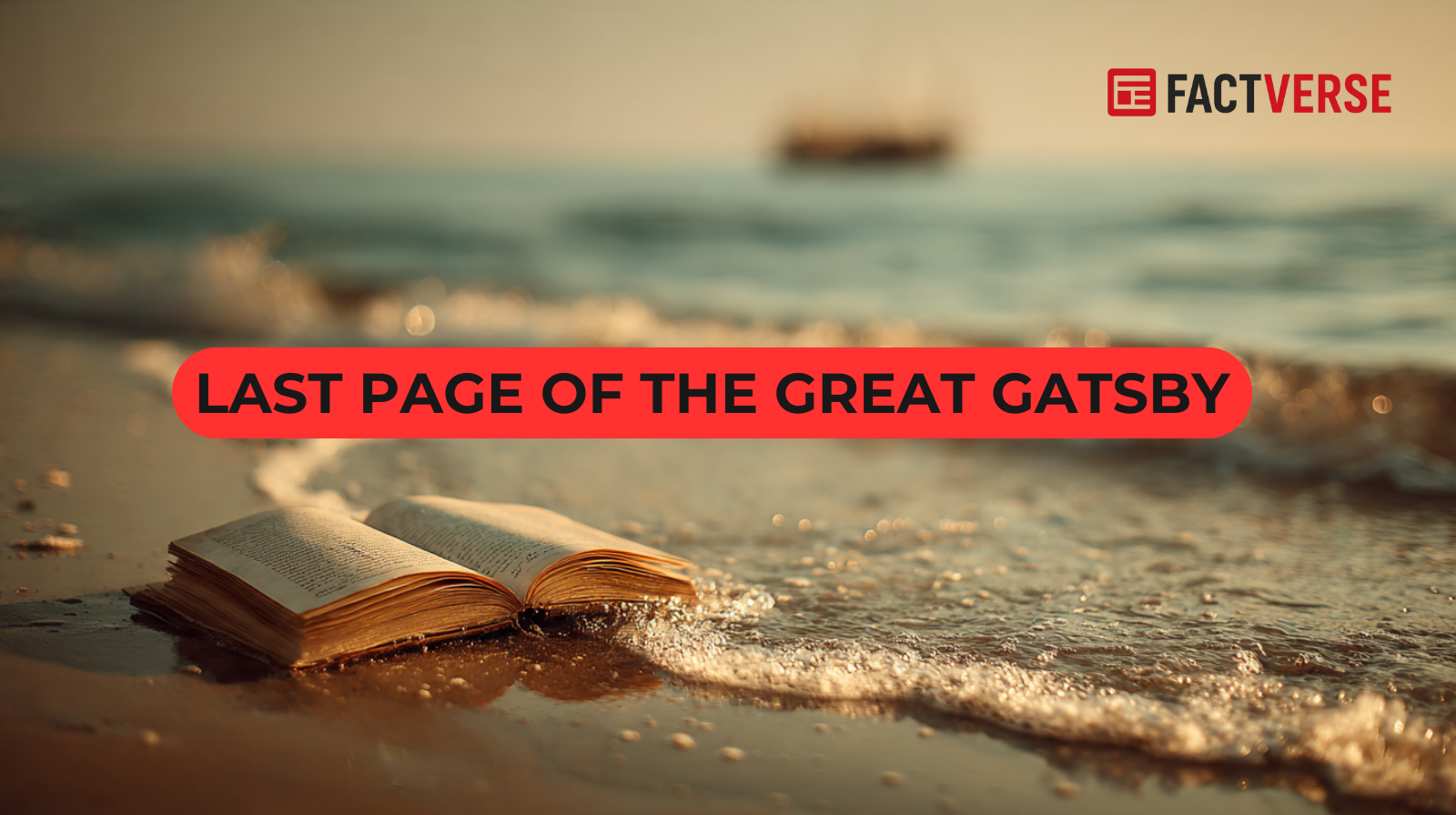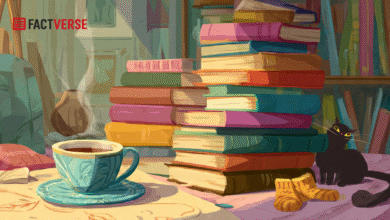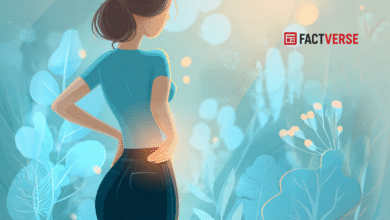The Last page of The Great Gatsby has often been described as one of the most haunting and memorable endings in American literature. It’s poetic, abrupt, and strangely beautiful. Many readers find themselves pausing, even re-reading, because those final words strike differently.
But why does the Last page of The Great Gatsby leave such a powerful echo in the mind? Let’s take a journey through the layers of meaning, symbolism, and emotions packed into that single closing passage.
Why the Ending Still Matters
The closing of a novel is like a final note in a symphony. It’s what lingers. Fitzgerald knew this well. The Last page of The Great Gatsby doesn’t just tie the story together—it explodes it outward.
Nick Carraway’s narration takes us away from the chaos, the lies, and Gatsby’s death, moving toward a broader reflection on time, dreams, and the endless pull of the past.
A Quick Recap of Events
Before reaching the last words, we need the context. Gatsby dies. Daisy slips away. Tom hides behind his wealth. Nick, disgusted, decides to return to the Midwest.
And then—the ending. The Last page of The Great Gatsby zooms out from personal tragedy to universal truth. It feels like standing on a shore, looking at the horizon, realizing life keeps going, but our dreams might always drift just out of reach.
The Symbolism in the Final Words
Every phrase in the last passage feels intentional. The rhythm, the imagery, the tone. Fitzgerald wasn’t just writing; he was sculpting.
The Last page of The Great Gatsby talks about boats, the current, and the idea of being “borne back ceaselessly into the past.” These aren’t just pretty lines. They’re a metaphor for how humans are trapped between ambition and memory.
Why Boats? Why the Current?
Think about it. Boats move forward, but water pushes back. It’s a fight. That’s us—always struggling, chasing dreams, getting pulled by history.
The Last page of The Great Gatsby doesn’t offer an answer. It offers a truth. And truths can be uncomfortable.
Dreams, Reality, and the American Ideal
One reason the ending hits so hard is because it’s not just about Gatsby. It’s about everyone. The American Dream promises endless possibilities. But Fitzgerald exposes its cracks.
On the Last page of The Great Gatsby, we see that even the greatest dreamers—people like Gatsby—can’t escape the pull of reality.
Nick Carraway’s Final Reflection
Nick isn’t just an observer here. He’s confessing. He sees through Gatsby, Daisy, and Tom, but also through himself. The ending carries his voice, his judgment, and his exhaustion.
The Last page of The Great Gatsby becomes Nick’s final attempt to make sense of everything he’s seen. It’s philosophical, yet deeply personal.
The Poetry of Fitzgerald’s Writing
The rhythm of the last lines is almost hypnotic. Short, rolling, wave-like. Fitzgerald uses repetition to mimic the movement of water.
The Last page of The Great Gatsby feels less like prose and more like poetry. That’s why readers remember it—not just for meaning, but for music.
The Reader’s Experience
Many readers say they didn’t “get it” the first time. And that’s fine. Literature doesn’t always land immediately. Sometimes the Last page of The Great Gatsby grows on you over time.
It’s like a song lyric that only makes sense years later.
The Cultural Impact of the Ending
Critics, scholars, and everyday readers have dissected those last lines for nearly a century. They’ve been quoted in movies, speeches, even tattoos.
The Last page of The Great Gatsby has become more than literature—it’s a cultural artifact. Proof that words can outlive their writer.
Comparisons With Other Classic Endings
Not all famous books end this way. Some tie everything neatly. Some leave massive cliffhangers. But Fitzgerald? He leaves you with a paradox.
The Last page of The Great Gatsby closes the story but opens the meaning. It leaves readers both satisfied and unsettled.
Modern Relevance
Why do modern readers still care? Because the themes—dreams, struggle, the past—are timeless. Social media, hustle culture, modern wealth—it’s all echoes of what Fitzgerald wrote about.
The Last page of The Great Gatsby reminds us that chasing a dream is eternal. And so is failure.
The Emotional Punch
There’s sadness in those words. But also beauty. It’s not hopeless, not completely. It acknowledges life’s struggle while still holding onto the idea of trying.
The Last page of The Great Gatsby doesn’t say “stop dreaming.” It says “dream—but know the cost.”
Why Students Keep Studying It
Every high school and college class that assigns Gatsby spends extra time on the ending. Teachers know it’s the heart of the book.
The Last page of The Great Gatsby teaches readers about style, symbolism, and life itself. It’s literature at its most powerful.
A Personal Reflection
When you read those lines, they almost speak to you. They whisper about your own past, your own regrets, your own fights with time.
That’s why the Last page of The Great Gatsby is universal. It belongs to Gatsby. But it also belongs to you.
Conclusion
The Last page of The Great Gatsby is more than an ending. It’s a mirror. A poem. A truth about human struggle and desire.
Fitzgerald leaves us with a haunting reminder: no matter how hard we push forward, the past is always there, pulling us back. And yet—we keep going. That’s what makes us human.
FAQs
Q1: Why is the Last page of The Great Gatsby so famous?
Because it captures universal human truths—dreams, struggles, and the pull of the past—in just a few poetic lines.
Q2: What does “borne back ceaselessly into the past” mean?
It means no matter how hard we try to move forward, we’re always influenced and pulled back by our history.
Q3: How does the Last page of The Great Gatsby connect to the American Dream?
It reveals the illusion of the dream—how people chase it endlessly but often face disappointment.
Q4: Is the Last page of The Great Gatsby depressing or hopeful?
It’s both. It shows the struggle is endless, but also that humanity never stops trying.
Q5: Why do teachers focus so much on the ending?
Because it holds the novel’s biggest message and shows Fitzgerald’s genius in just a few lines.
Read Also: Pravi Celer – A Forgotten Powerhouse of Nutrition





